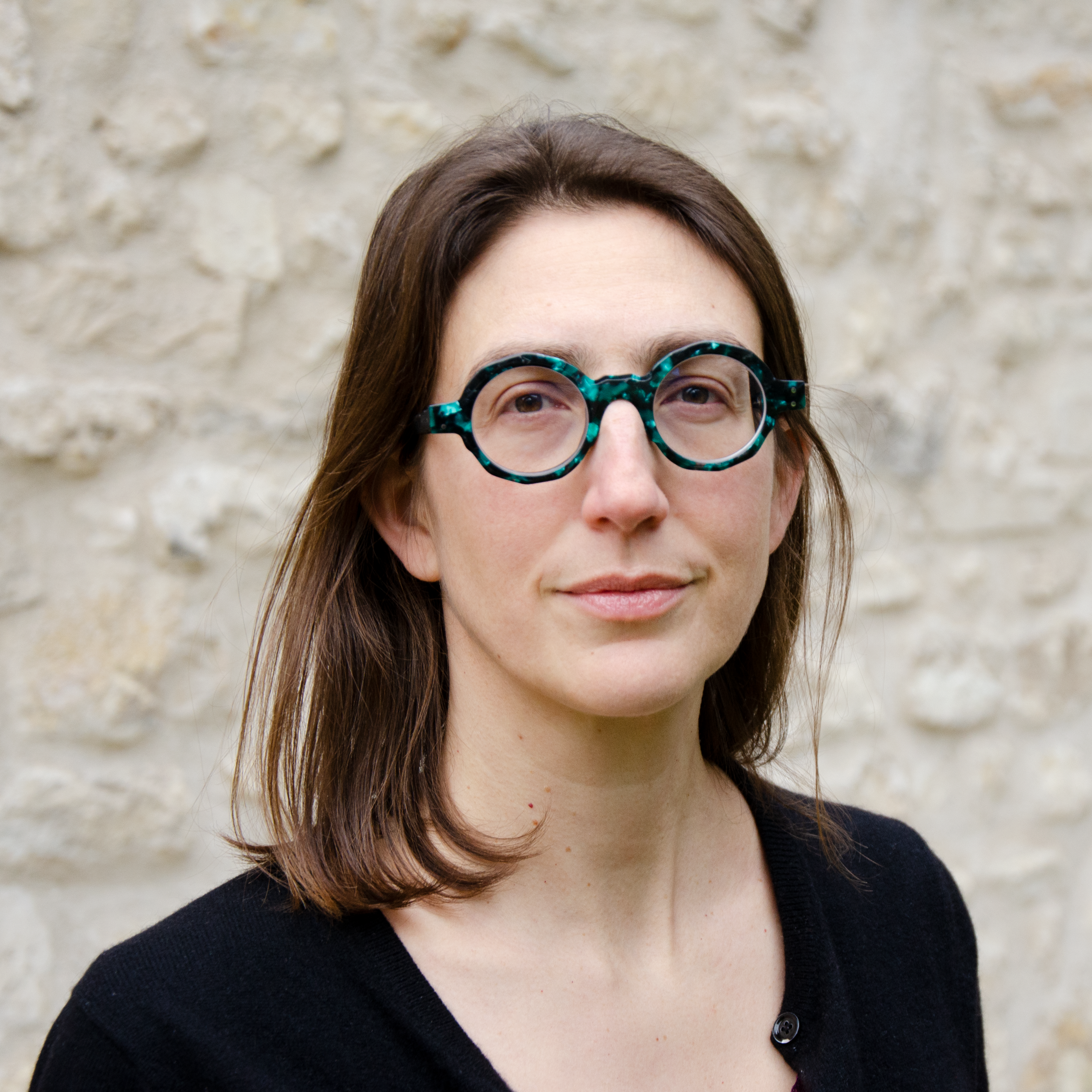Appartements témoins. La spoliation des locataires juifs à Paris, 1940-1946.
CegeSoma Public History Meeting (2025-4)

Conference-debate (in French) with guest Sarah Gensburger.
An interview led by Laurence Schram.
At the time of the Liberation, the return to ordinary life was not easy for the vast majority of Jews in the Paris region who had survived the war. Out of a population of some 200,000 Jews before 1940, 40,000 were murdered. To survive, the majority of them left their homes, either for the Free Zone, the provinces or some other address in the capital. When they returned, they found their apartments occupied by non-Jewish families, leaving them dispossessed. Contrary to popular belief, these new tenants did not move in spontaneously, but under the aegis of the Vichy authorities, backed by the Germans. Worse still, it was ratified by the restored Republic after the Liberation.
The book 'Appartements témoins. La spoliation des locataires juifs à Paris, 1940-1946' tells the untold story of this dispossession, at the crossroads of the Shoah and housing history. A public policy was introduced to satisfy a Parisian population in need of shelter. The aim was also to rehouse victims of the Allied bombing raids. Jewish people found themselves excluded from the real estate market, where owners, civil servants, evacuees, neighbors, concierges and “well-connected” customers - in short, Parisian society in all its diversity - all came together. Thousands of unpublished archival documents, tearful letters and discriminatory paperwork describe this spoliation.
Long after the Liberation, virulent anti-Semitism was expressed regarding these apartments, as the returning Jews disrupted the arrangements of the time of the Occupation: the restored Republic eventually worked to limit their right to return. As such, these apartments bear witness to the mechanisms by which Jews were excluded from Parisian society. This book finally gives them a voice.
Sarah Gensburger will present the results of her research on Thursday May 22. The debate will be moderated by Laurence Schram. This event will take place in CegeSoma's conference room as part of the Public History Meetings program, in partnership with the non-profit organization ' Friends of CegeSoma'.

Director of research at the CNRS, Centre de Sociologie des Organisations - Sciences Po Paris, Sarah Gensburger is a sociologist and political scientist of memory and a Shoah historian. Besides the book presented at this meeting, she co-edited among others : Qui pose les questions mémorielles ? ; with Jenny Wustenberg (dir.), Dé-commémoration. Quand le monde déboulonne et changer les noms de rues, or The Covid-19 Pandemic and Memory. Remembrance, commemoration, and archiving in crisis. (photo Julian Tapprich)
![]() Laurence Schram, historian at Kazerne Dossin and scientific collaborator at Brussels Free University, took part in the design and creation of the Jewish Museum of Deportation and Resistance (1995), in close collaboration with Prof. Maxime Steinberg. She contributed to the renovation of the Belgian pavilion at Auschwitz, the new Kazerne Dossin Museum and its memorial. Author of studies on the Shoah in Belgium, she wrote her doctorate on the history of the Dossin barracks. Her research was awarded the Natan Ramet Prize in 2016 and the Jacques Rozenberg - Auschwitz Foundation Prize. Her book Dossin - l'antichambre d'Auschwitz was published in 2017.
Laurence Schram, historian at Kazerne Dossin and scientific collaborator at Brussels Free University, took part in the design and creation of the Jewish Museum of Deportation and Resistance (1995), in close collaboration with Prof. Maxime Steinberg. She contributed to the renovation of the Belgian pavilion at Auschwitz, the new Kazerne Dossin Museum and its memorial. Author of studies on the Shoah in Belgium, she wrote her doctorate on the history of the Dossin barracks. Her research was awarded the Natan Ramet Prize in 2016 and the Jacques Rozenberg - Auschwitz Foundation Prize. Her book Dossin - l'antichambre d'Auschwitz was published in 2017.